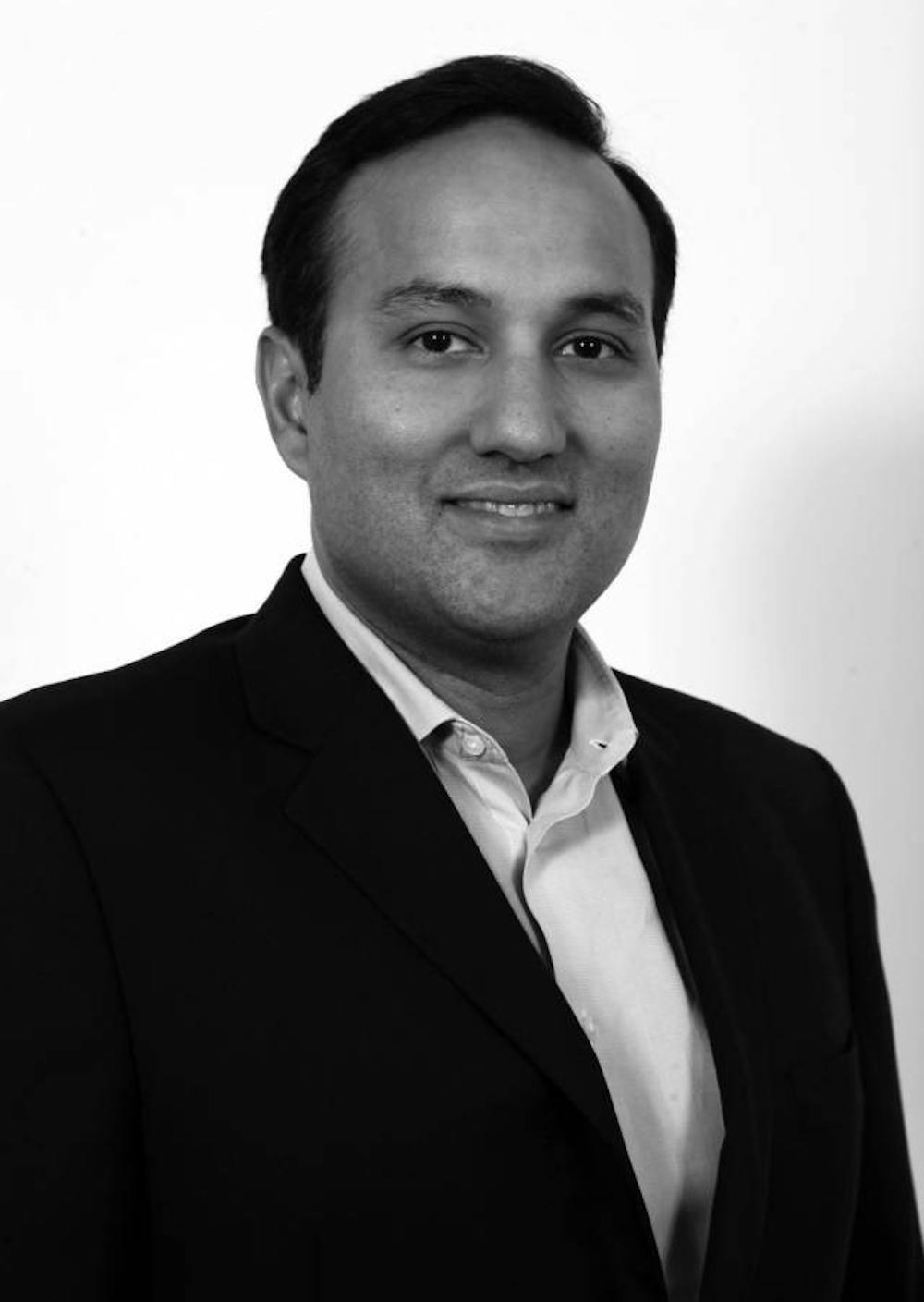On Feb. 26, the University announced the founding of the M.S. Chadha Center for Global India, a center for Indian study made possible in large part by a donation from Sumir Chadha ’93.

In addition to Chadha’s gift, a donation from Sanjay Swani ’87 and his wife Preeti Swani will be used to establish a Global Seminar in India, which will be conducted in tandem with Ashoka University. The two also endowed a professorship with Princeton in India studies.

“I really love the Global Seminar, which allows Princeton students to spend time in India and really learn about the culture and history of the country firsthand,” Sanjay Swani said in an email. “There is nothing like being [in India] to learn about it.”
According to a University statement, The Center for Global India, which “will bring together scholars and students from all disciplines to broadly explore contemporary India including its economy, politics and culture,” has yet to announce a specific opening date or a leading scholar.
The Center can also be seen as part of a larger University-wide effort to develop global studies programs. The University’s Strategic Planning Framework, published in 2016, highlights the University’s aim to expand global affairs programming.
The Strategic Planning Framework requires that the University “add to its scholarly strength in the study of key regions and cultures in the contemporary world.”

“India represents 20 percent of the world,” Swani said. “Indian immigrants are becoming a more influential [and] important part of the U.S.,” specifically in areas of technology, literature, academics, finance, and politics, he said.
Swani also highlighted the relationship between the United States and democracies in Asia as key to the global future.
Karin Meyers, a visiting professor in the religion department, underscored aspects of India’s culture as key for University students to understand.
“The religions originating in India … contain some of the most subtle and sophisticated philosophical, theological, grammatical, poetic, and aesthetic thinking the world has seen,” she said in an email. “As global citizens they are also part of our intellectual heritage so should be placed alongside the other great intellectual and cultural traditions in our curricula,” she said.
Other individuals who made significant contributions to the establishment of the Center for Global India are Sheila Patel ’91, Aliya Nedungadi ’97 and Ajit Nedungadi, Kush Parmar ’02 and Princess Padmaja Kumari Mewar, and Peter Wendell ’72 and Lynn Mellen Wendell ’77.







